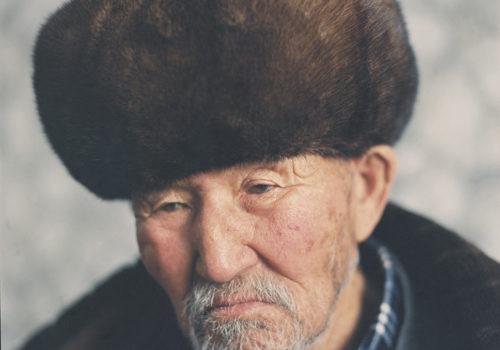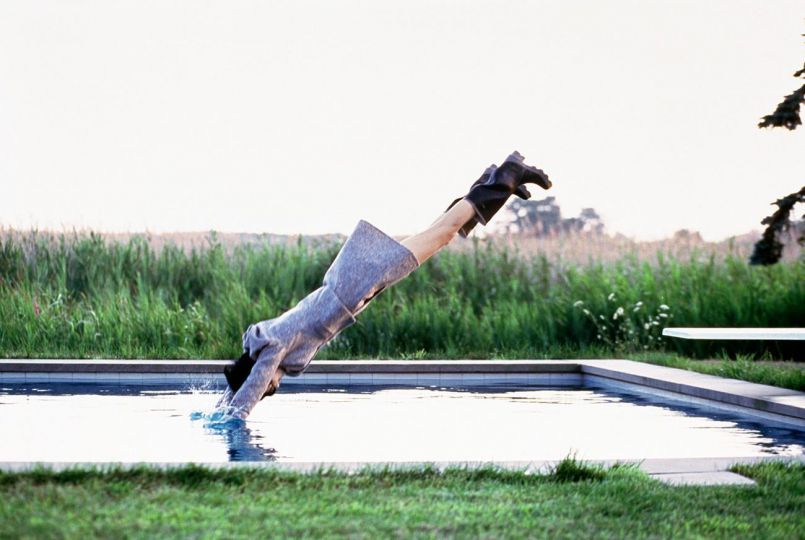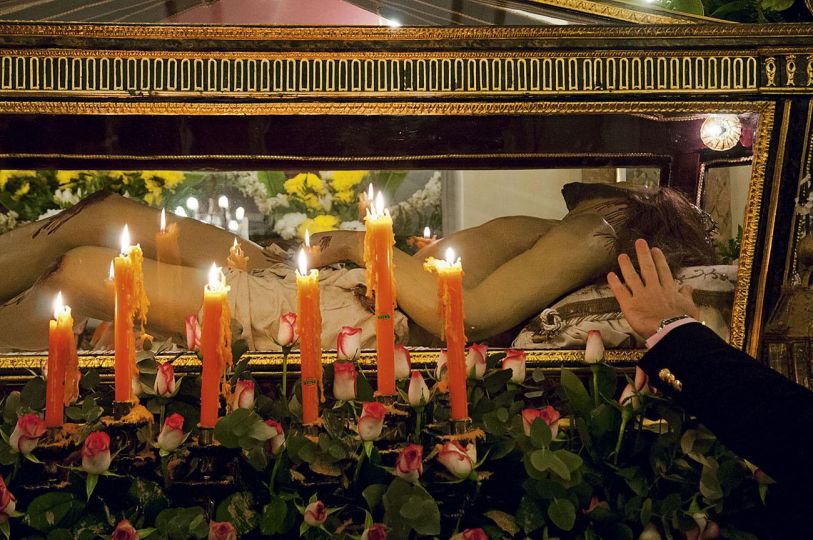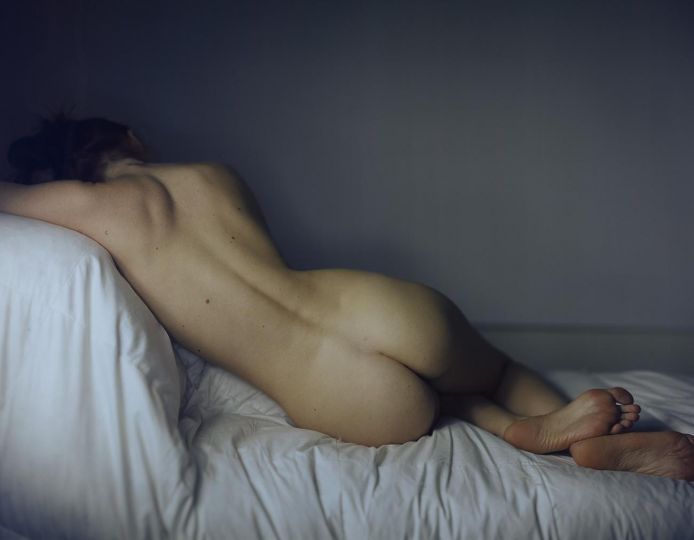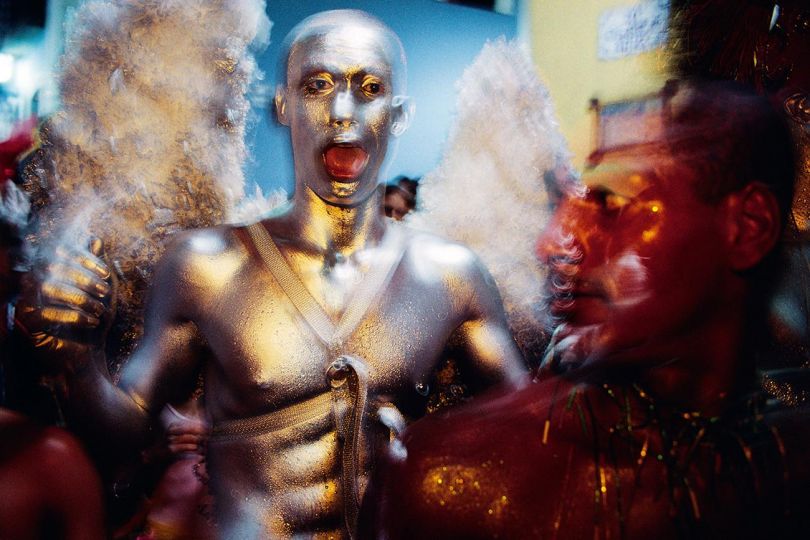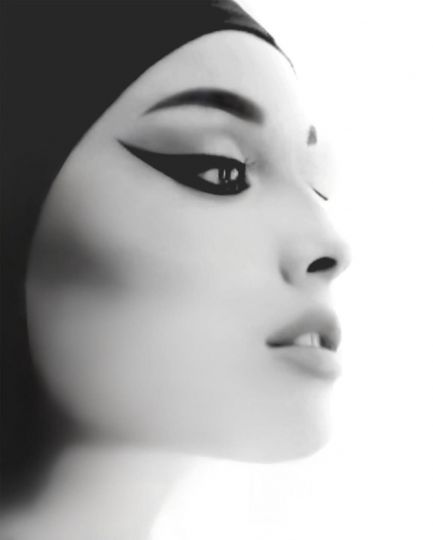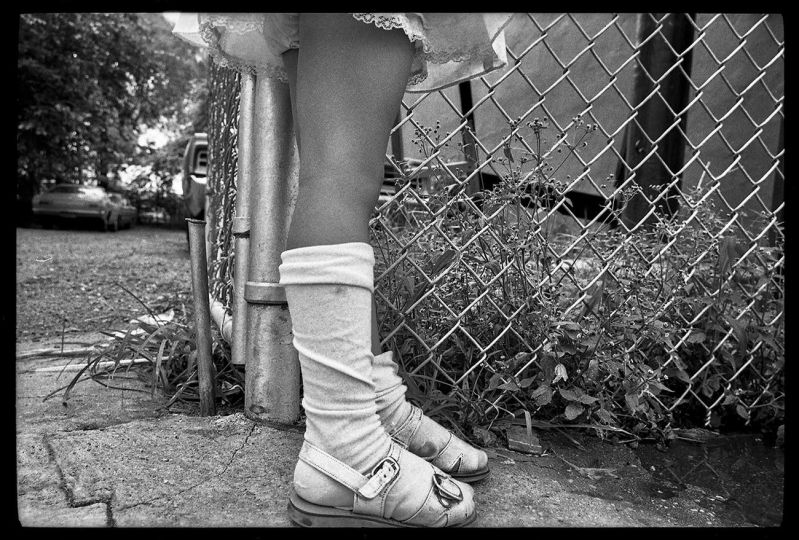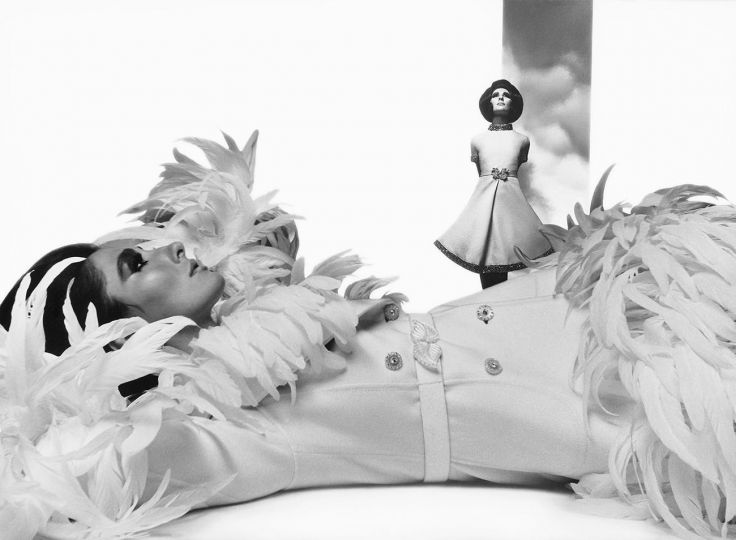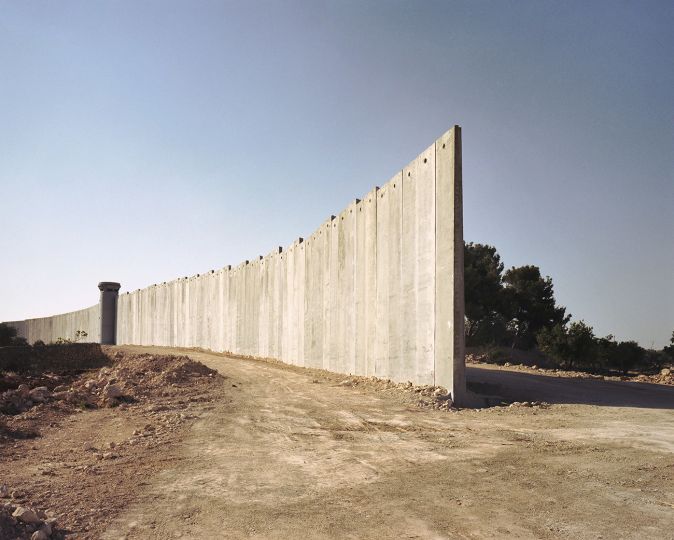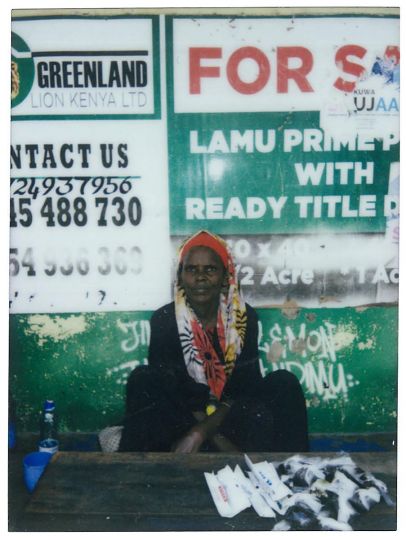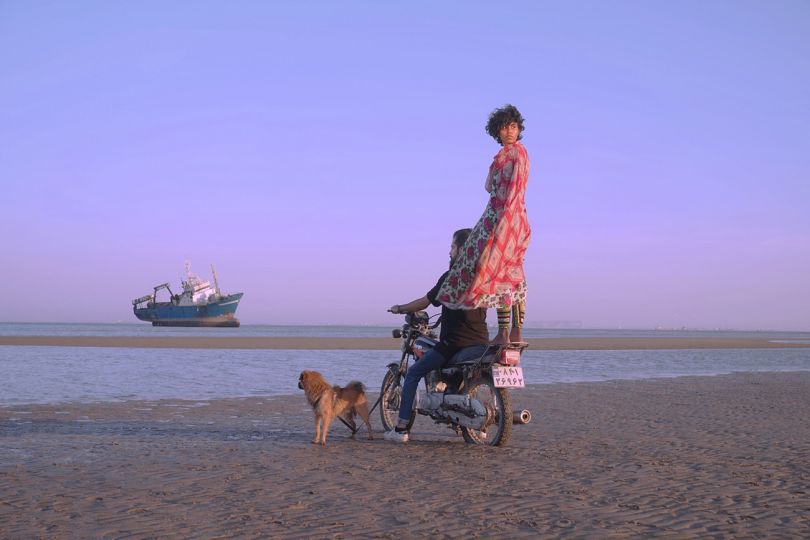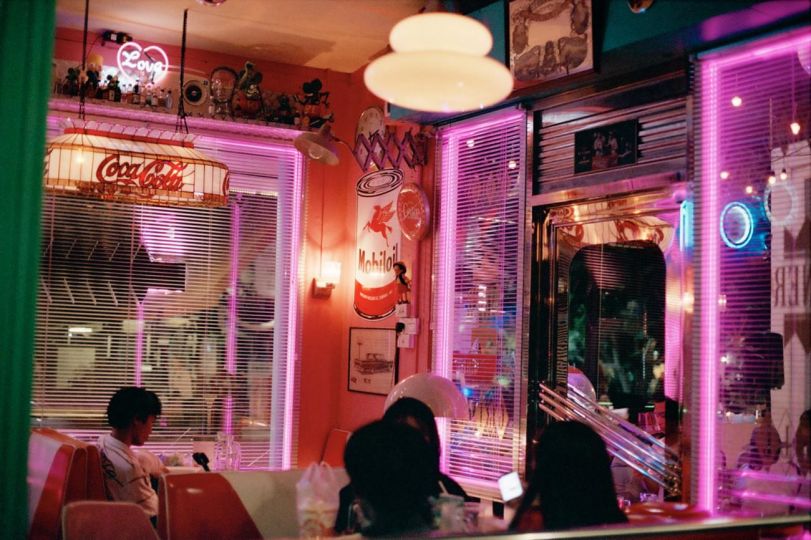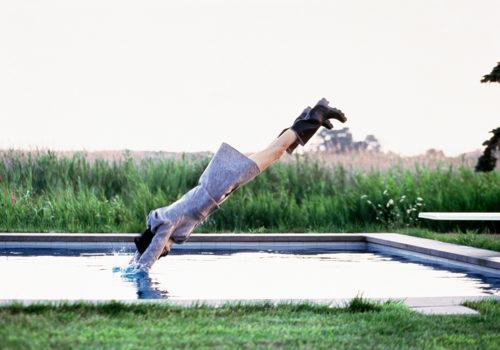Luke Oppenheimer : Allowing oneself time.
The world of photography is a sharp mirror, an art of the moment where each emotion is captured just before it disappears. Few photographers manage to seize this tension between the ephemeral and the essential like Luke Oppenheimer. A renowned documentary photographer, his lens transcends the mere image to reveal visual stories that are both poignant and captivating, where every detail uncovers a deep truth.
Originally from rural Oklahoma, with expertise in agroforestry and sustainable farming, Oppenheimer has traveled across Latin America, Central, and Southeast Asia to document the subtle and sometimes fragile relationship between rural communities, the landscapes they shape, and the wildlife surrounding them. His work, rooted in meticulous observation of these interactions, sheds light on how these three entities—humans, nature, and wildlife—interact and shape their shared destinies.
His approach is more than aesthetic: it is both intellectual and visceral, uncovering hidden narratives and invisible tensions. Through his art, Luke doesn’t just capture images—he sculpts fragments of eternity, suspending the invisible at the heart of the visible with unwavering precision.
https://www.squadra.art/vol00-luke-oppenheimer
https://www.instagram.com/luke_oppenheimer/
Your first photographic trigger ?
Luke Oppenheimer : My first photographic trigger was simply finding myself in interesting places dealing with interesting problems and difficult people. When I first decided to pursue photography, I was working in import and export on the Rio Paraná in Paraguay. During this time, I discovered the massive ecological challenges in the region (mostly the destruction of rainforest for soy farming) and found myself working alongside paramilitary groups on the border of Brazil and Paraguay who were trying to counter the drug trafficking and illegal hunting that was rampant at the time. It was these paramilitary rangers who became my first subjects for a documentary project. I sent this project into the International Center of Photography and was accepted into their one year documentary program. I’ve been a photojournalist ever since.
The man or woman of image who inspires or inspired you?
L.O. : When I first saw Bryan Schutmaat’s “Grays the Mountain Sends” I was enamored by his work and thought to myself “I would like to take photos like this someday.” Bryan is now a good friend of mine and has been incredibly supportive.
An image you would have liked to take ?
L.O. : It’s hard to nail down a single image, but most of Cristobal Hara’s images in his book “Spanish Color” I would have liked to have taken myself. He has a fluid style that manages to capture perfect compositions without feeling to strict or overly composed. There’s a looseness to his photos that clearly show his mastery.
The one that moved you the most?
L.O. : “Terezska” by David ‘Chim’ Seymore. It’s a portrait of a young Polish girl taken in 1948. She was living in a home for disturbed children. Her house had been destroyed during the second world war. When asked to draw a picture of home she made chaotic scribbles on a chalk board. My mother was born in Dresden, Germany in 1945, her entire city was destroyed and by that point most of our family was dead. So this photo resonated with me quite deeply.
And the one that made you angry?
L.O. : The same photo, “Terezska”. I’ve seen what war does to innocent people and it’s what I hate the most about our species. I hate war.
Which photo changed the world?
L.O. : I’m honestly not sure that any photo has accomplished this. We’re overwhelmed with horrific imagery from war, famine and the countless hardships of the human existence yet these things persist practically unabated. There are photos that have of course changed certain events and public perception in certain countries. But in terms of mankind being changed? I really don’t think this photo has been taken.
And which photo changed your world?
L.O. : A portrait I took of a dear friend in Kyrgyzstan. It was the first image I ever took that I really loved. After I had scanned and printed the image and saw it for the first time in its final form, I thought to myself “Shit, this is really, really good. I think I can actually do this whole photography thing after all!” This single image gave me a lot of self belief that I did’t necessarily have before hand.
What interests you most in an image?
L.O. : How much there is to discover within an image. Whether it’s the subtleties of the composition and color or the nuances of expression in a portrait or small details and artifacts that you only notice after really picking apart the image. All these things interest me but sometimes a photo just hits you with the feeling of a time and place and you’re not sure how it does this. This is also fascinating to me.
What is the last photo you took ?
L.O. : I took a portrait of my friend’s twin sons in Kyrgyzstan. I’ve stayed in his house in the village of Ottuk for the past five years and have become very close with his family. Every time I return his sons are taller and taller and have more complicated questions for me about the rest of the world.
A key image in your personal pantheon?
L.O. : A landscape I took in the Tien Shan mountains in Central Kyrgyzstan titled “The Land of God’s and Eagles”. It probably best represents the images I’m trying to make and also how I want to be internally.
A photographic memory from your childhood?
L.O. : My siblings and I used to have an Au Pair from Germany when I was five to six years old. She was eighteen and very beautiful. She would take us swimming and she never wore a top. I remember this very well.
According to you, what is the necessary quality to be a good photographer?
L.O. : Patience and focus.
What makes a good photo?
L.O. : It has to make you feel something.
The person you would like to photograph?
L.O. : My great grandmother who escaped the Bolsheviks and moved our family to Germany. She was around 110 years old when she passed away.
An indispensable photo book?
L.O. : Koudelka’s “Gypsies” but also his book “Exiles”. The compositions, the sincerity of the portraits and the time and dedication he took on both projects and developing trust with his subjects. There is so much to learn from his work.
The camera of your childhood?
L.O. : Disposable kodak point and shoots.
The one you use today?
L.O. : Mamiya RZ67 with a Mamiya-Sekor 110mm lens and a polar pro CP filter.
How do you choose your projects ?
L.O. : First I look for a landscape that captivates me, then I try to find out what’s happening there, who is living there and what can I learn from them and their experiences.
How would you describe your creative process?
L.O. : It’s slow. I take a long time researching places and their histories. Then I spend a long time getting to know the people I’m interested in. I typically consume massive amounts of literature, both fiction and non-fiction and scholarly articles that concern the place, people or topic I’m exploring. I’m more concerned with the process than the result. So I really enjoy taking my time. I think it’s of the utmost importance to truly enjoy what you are doing while you’re doing it instead of pegging your happiness to different outcomes or accolades. If you’re stressed out during your working process and worried about the final product then you simply won’t make the work that you’re truly capable of making. More importantly, you could die at any moment, so try to be happy now.
An upcoming project that’s close to your heart?
L.O. : I can’t disclose this one yet. But by the time this is published I will already be there meeting people, experiencing their world and making my first images.
Your favorite drug?
L.O. : Caffeine, nicotine and weed. I value all three equally.
The best way to disconnect for you ?
L.O. : Exercise in general and weight lifting in particular. I train every morning no matter where I am. I would even choose exercise over photography. Nothing has brought me as much peace as simply working out alone without music. For me it’s totally meditative. It gives me very much the same feeling as prolonged meditation.
What is your personal relationship with the image ?
L.O. : As someone who studied history in my university years, the image is a primary source document that has the potential to really transport you into a time and place. Even if everything we make or do is impermanent, images can move people who are centuries or worlds apart. Well written memoirs can also do this but they are a lot harder to produce than a single image.
Who would you like to be photographed by ?
L.O. : I would like Bruce Gilden to take my passport photo.
Your latest folly?
L.O. : I fell asleep on the 6 train again a few nights ago. I was asleep for a long time.
An image to illustrate a new banknote?
L.O. : For US currency, I think different photos from the Great Depression for each different bill would be a poignant reminder to not trust centralized banking.
What advise would you give to someone who wants to become a photographer ?
L.O. : Just make sure you enjoy the actual doing of it and don’t worry about any conventional ideas of success and definitely don’t compare yourself to others. If you gotta do other work to feed yourself, then do that. If you’re able to eat every day and enjoy your photographic process then, as a photographer, you have it all.
Your greatest professional extravagance?
L.O. : I bought a digital medium format a while back. I’m far too embarrassed to say which one or how much it cost.
What kind of question gets you off track?
L.O. : Geopolitical questions often send me on long-winded tangents about the history of a given place from ancient times up until the present day. By the time I finish, people are so tired of hearing me talk that they don’t want to hear my actual political views. This is how I avoid talking politics.
What was the last thing you did for the first time?
L.O. : I had sex on the roof of my apartment building and I’m pretty sure the lady who lives across the street saw everything. This was a new experience.
The city, the country or the culture you dream of discovering?
L.O. : Bhutan. I really want to explore Bhutan.
The place you never get tired of ?
L.O. : Really any truly remote, natural wilderness. The natural world is constantly changing and it has the ability to challenge you or soothe you more than any other place.
Your biggest regret ?
L.O. : There was a girl I dated a few years ago who turned out to be a total nightmare. It was a massive waste of energy. That might not be my “biggest” regret but it’s up there.
In terms of social networks, are you more into Instagram, Facebook, Tik Tok or Snapchat and why?
L.O. : I’m only on Instagram. It’s really invaluable in promoting one’s work. I wish I didn’t need any social media at all.
Color or B&W?
L.O. : Color. I could never give up color. I’m obsessed with color schemes and color theory.
Daylight or artificial light?
L.O. : Daylight whenever possible.
Which city do you think is the most photogenic?
L.O. : This is a hard one. New York, Paris, Rome; these cities are probably most people’s answers and for good reasons, but even my hometown in Oklahoma can be the most beautiful “city” on Earth when a thunderstorm rolls in during golden hour.
If God existed would you ask him to pose for you, or would you opt for a selfie with him?
L.O. : I’d be more interested to see how he photographs his own creation.
If I could organize your ideal dinner party, who would sit at the table?
L.O. : Siddartha Gautama (the Buddha), Mahavatar Babaji and Paramahansa Yogananda. The first two probably wouldn’t eat that much but Yogananda might eat everything.
The image that represents for you the current state of the world?
L.O. : If I had taken a photo of the people on my train yesterday, I probably would have captured the current state of the world. Everybody was on their phone. Most of the world is hyper-connected yet completely detached from one-another.
According to you, what is missing in today’s world?
L.O. : Hope. I’m quite hopeful but most people I speak to today, especially in the West, don’t seem to be very hopeful of their futures.
If you had to start all over again?
L.O. : I would skip any formal education in photography. Looking through photobooks and deciphering what makes certain images successful and simply taking thousands and thousands of photos is the best education you can get.
What do you like people to say about you?
L.O. : That I’m kind and honest. This is all I care to be.
The one thing we absolutely must know about you?
L.O. : I prefer squatting to sitting. Maybe it’s my Russian genetics, who knows? I can even nap while squatting and I’ve used this skill countless times in filthy train stations around the world.
A last word ?
L.O. : I hope something I said can be useful to whoever is reading this, or at least that some of my replies were funny enough to make you smile. Remember to be kind and to enjoy the process.

